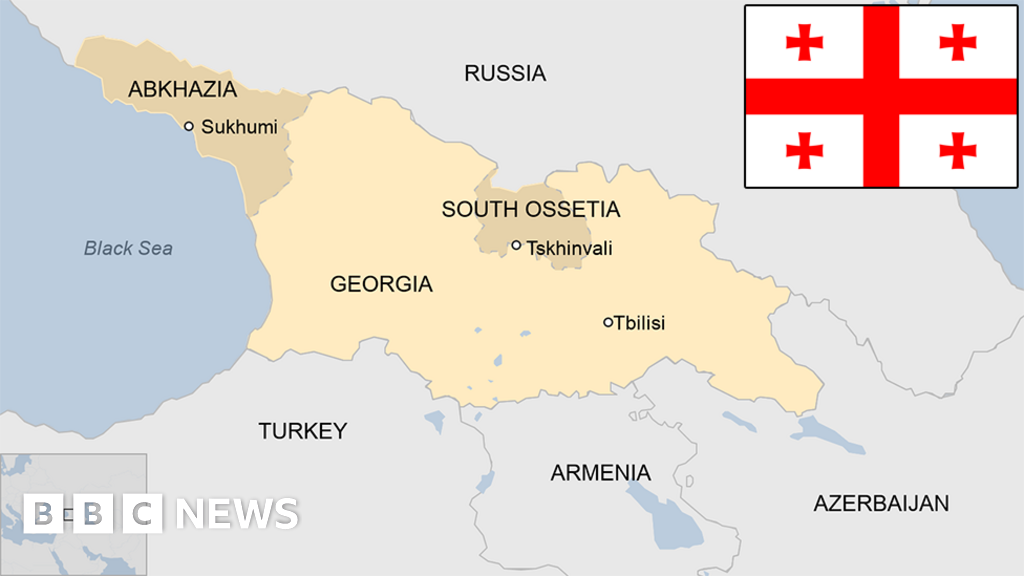1989 – Soviet troops crush pro-independence protests in Tbilisi, killing 21 people. Demands for greater autonomy in South Ossetia led to violent clashes between Georgians and Ossetians. Soviet and later Russian peacekeeping forces are deployed.
1991 – Georgia declares independence and Zviad Gamsakhurdia is elected president. He was overthrown in a coup, and a brief civil war continued until 1993.
1990-1992 – After several outbreaks of violence, South Ossetia announced its intention to secede and declare independence in 1992. Sporadic violence continues until an agreement is reached on the deployment of Georgian, Ossetian and Russian peacekeeping forces.
1992-1993 – Georgia-Abkhazia War: Georgia sends troops to Abkhazia to prevent secession efforts. Fierce fighting ended with the expulsion of Georgian troops from Abkhazia. Up to 30,000 people will die. Before the war, Georgians made up nearly half of Abkhazia’s population, but up to 250,000 Georgians and others were expelled, effectively reducing Abkhazia’s population by half.
1994 – The Georgian government and Abkhaz separatists sign a ceasefire agreement, paving the way for the deployment of Russian peacekeepers.
2001 – Clashes in Abkhazia between Abkhaz forces and Georgian militias supported by fighters from the North Caucasus. Tensions are high as Russia accuses Georgia of harboring Chechen rebels, an accusation Georgia rejects.
2003 – The Rose Revolution brings staunchly pro-Western leader Mikheil Saakashvili to power after President Eduard Shevardnadze resigns following protests over alleged electoral fraud.
2004 – Several deaths were reported in clashes between Georgian and South Ossetian forces.
2006 – South Ossetians vote for independence in an unapproved referendum.
2008 – Tensions between Georgia and Russia escalate into a full-scale war after Georgia attempts to retake South Ossetia. Russian forces drove Georgian troops out of South Ossetia and Abkhazia. After five days of fighting, the two countries signed a peace agreement brokered by France. Russia recognizes both South Ossetia and Abkhazia as independent states, but few other countries do.
Russia said it would maintain a military presence in Abkhazia and South Ossetia.
2014 – The European Union and Georgia sign the Association Agreement, a far-reaching trade partnership agreement.
2015 – Russian forces in South Ossetia move the border another 1.5 km inside Georgia’s mainland, threatening the main road connecting the country’s west and east.
2017 – South Ossetia holds a presidential election and a referendum on changing its name to Alania Oblast as part of its plans to join the Russian Federation.
2022 – After Russia invades Ukraine, Georgia becomes the temporary homeland for many Russian exiles.
2023 – Prime Minister Irakli Garibashvili states that NATO expansion is one of the main reasons for Russia’s invasion of Ukraine, attracting domestic and international criticism.
Georgia gains EU candidate status.
2024 – Georgia introduces a controversial “Transparency on Foreign Influences” bill, often referred to as the “Foreign Agents Law,” sparking weeks of protests in Tbilisi. EU puts Georgia’s path to membership on hold.



